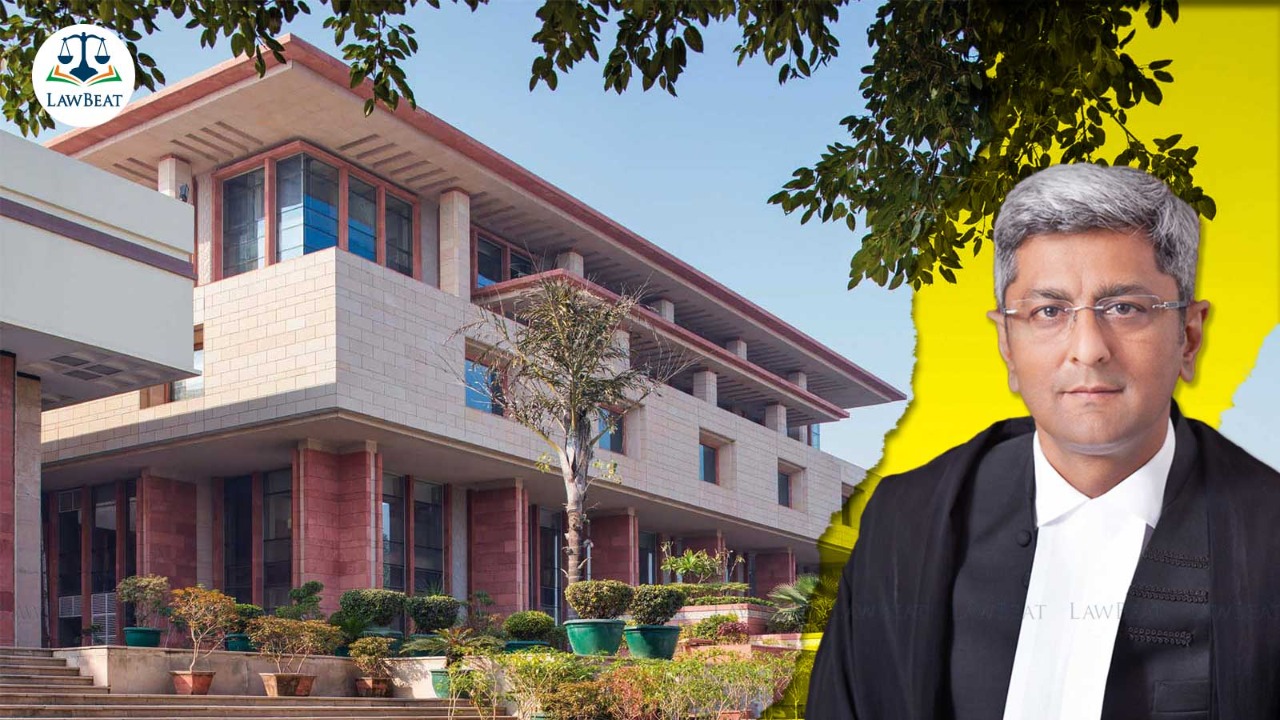Delhi High Court Allows Transfer Of Son’s Mortal Remains From UK To Hyderabad

The father informed the court that his son had expressed the desire to be buried next to his grandparents in his hometown of Hyderabad.
The Delhi High Court, on Friday, allowed a petition filed by a father seeking urgent transfer of the mortal remains of his son (Alfi Richard Watts), who was born in Hyderabad but lived in the UK. The court reviewed the UK's policies and raised significant concerns about the lack of rationale and uniformity in global consular services.
The court noted that the discrepancies in these policies lacked clear justification, emphasizing that the criteria should consistently support the dignified repatriation of individuals of Indian origin.
The bench of Justice Sanjeev Narula held, “Such an inconsistent application of policy, without transparent, rational justifications, contravene Article 14 of the Constitution of India, which ensures equality before the law and equal protection of the laws within the territory of India. Consequently, the insistence by the High Commission in London on an OCI card, unjustifiably discriminates against the Petitioner’s rights to repatriate his son’s remains in a manner respectful of his familial and cultural ties”.
Advocate Avinash Mathews, representing the Father, underscored the inconsistency in the enforcement of rules related to the repatriation of mortal remains. The court was informed that other Indian diplomatic missions adopted more flexible practices for such repatriations. Specifically, the Indian High Commission in Singapore permitted the “Export of mortal remains of a deceased Indian national or Indian Origin Foreign National to India” without requiring a PIO/OCI card, with the only condition being that in the case of an Indian Origin Foreign National, the death certificate had to be notarized by the Singapore Academy of Law (SAL). Similarly, the Embassy of India in Washington, DC allowed the export of mortal remains of non-Indian passport holders for a specified fee and did not require a No Objection Certificate (NOC).
Advocate Avinash Mathews that this evident inconsistency in the guidelines followed by different Indian diplomatic posts worldwide resulted in arbitrary treatment based on the geographical location of the deceased.
Advocate Avinash Mathews maintained that such an essential consular service, closely tied to human dignity and familial rights, should not depend variably on the deceased's last-held nationality or specific identity documentation like a PIO/OCI card, especially when similar Indian origins or connections existed. Advocate Avinash Mathews's arguments highlighted the rigidity of the policy as applied by the High Commission in London, advocating for a more compassionate approach that considered the deceased's heritage, family wishes, and individual circumstances rather than rigid bureaucratic criteria.
The court noted that the differences in the guidelines issued by the High Commission of India in the United Kingdom, compared to those in Singapore and the USA, raised significant concerns regarding the rationale and uniformity of consular services provided globally. These discrepancies appeared to lack clear justification, particularly since the criteria should uniformly reflect the principle of facilitating the dignified repatriation of individuals of Indian origin, the court highlighted.
The court observed that the Indian High Commission in London required an OCI card for the repatriation of mortal remains, while other commissions did not impose such stringent requirements, indicating arbitrary application of these rules. This inconsistency was particularly evident considering that the deceased, Mr. Watts, despite having changed his nationality, undeniably originated from India, a fact supported by his birth and familial ties to Indian citizens.
Furthermore, the court noted that such inconsistent policy application, without transparent and rational justifications, violated Article 14 of the Constitution of India, which guarantees equality before the law and equal protection of the laws within India. Consequently, the insistence by the High Commission in London on an OCI card unjustifiably discriminated against the Father’s right to repatriate his son’s remains in a manner respectful of his familial and cultural ties.
Accordingly, the court passed the following directions:
“(i) The communication dated 29th July, 2024 passed by Consular section, High Commission of India, London, refusing to grant a No Objection Certificate for the transfer of mortal remains, is set aside.
(ii) A mandamus is issued directing Respondent No. 1 to issue a No Objection Certificate to Petitioner’s daughter-in-law/ Ms. Sharon Alphonso for transfer of mortal remains of late Mr. Alfi Richard Watts from United Kingdom to Hyderabad”.
For Petitioners: Advocates Avinash Mathews and Namrata Caleb
For Respondents: Additional Standing Counsel Chetan Sharma, Standing Counsel Balendu Shekhar and Government Pleader Rajkumar Maurya with Advocates Amit Gupta, Saurbh Tripathi, Krishna Chaitanya, Shubham Sharma, and Vikramaditya Singh
Case Title: Anthony Watts v Union Of India & Anr (2024:DHC:6196)
